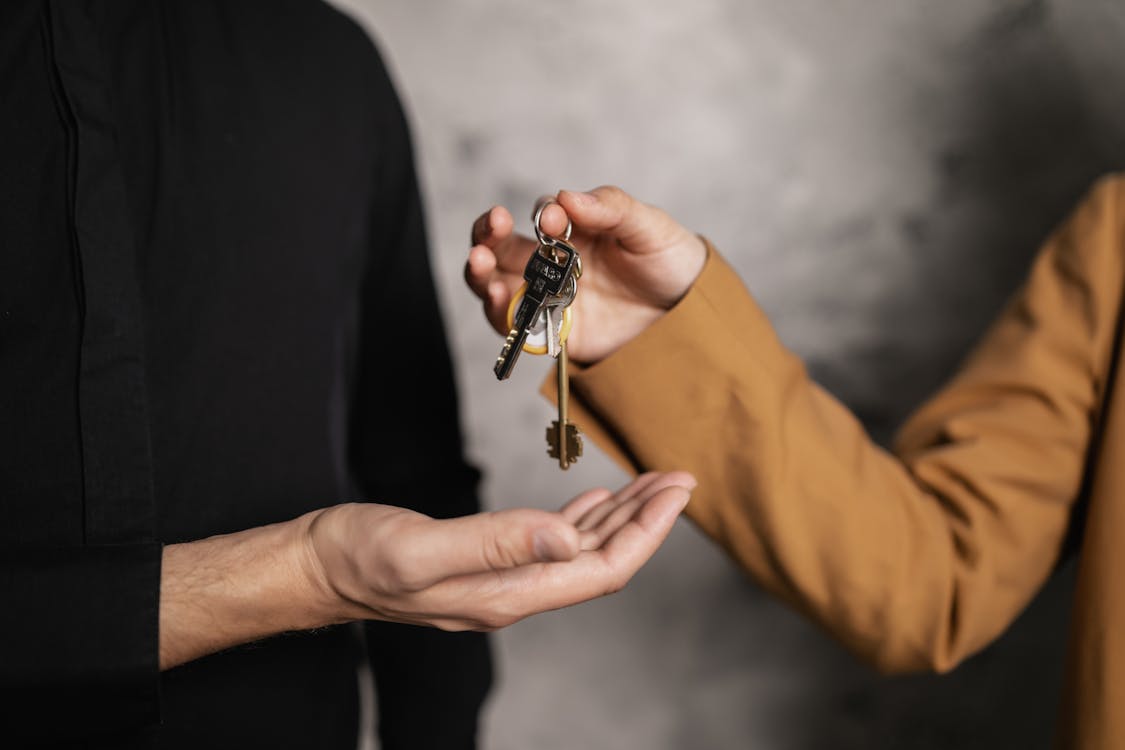Landlord Blog
Education and news for smart DIY landlords!
What Is the Best Age to Buy Your First House?

Buying a house is a significant milestone, often seen as a key component of the "American Dream." Determining the best age to buy your first home depends on a variety of personal, financial, and market factors. There's no one-size-fits-all answer, but understanding the benefits and challenges at different stages of life can help you make an informed decision.
Early 20s: Building a Foundation

Buying a house in your early 20s can be advantageous if you have a stable job and a solid financial foundation. Young buyers can benefit from:
Long-Term Investment: The earlier you buy, the longer you have to build equity. Over time, property values generally appreciate, providing a potentially lucrative return on investment.
Building Credit: A mortgage can help you build a strong credit history, which is beneficial for future financial endeavors.
Customization: Owning a home allows you to personalize your living space without restrictions, which can be appealing after years of renting.
However, buying a house at a young age also comes with challenges:
Financial Strain: Young adults often have limited savings and lower incomes, making it difficult to save for a down payment and manage mortgage payments.
Read more: 10 Ways to Save Money Building Your Dream Home
Career Mobility: Early in your career, you may need to relocate for job opportunities. Owning a home can complicate this flexibility.
Life Uncertainty: Major life changes, such as marriage or starting a family, might necessitate a different type of housing in the near future.
Discover: 7 Tips for Young Homebuyers
Late 20s to Early 30s: Striking a Balance

This age range is popular for first-time homebuyers, and for good reason:
Financial Stability: By this stage, many individuals have established careers and higher incomes, making it easier to save for a down payment and secure favorable mortgage terms.
Life Planning: Many people start families in their late 20s to early 30s, making homeownership a practical choice for stability and space.
Investment Potential: There's still plenty of time to benefit from property appreciation and build equity.
Nonetheless, there are some considerations:
Debt Management: Student loans and other debts might still be significant, impacting your ability to afford a home.
Read more: How To Save For A Down Payment On A House: 10 Practical Tips
Market Conditions: The real estate market can vary, and buying in a competitive market might require more time and effort.
Late 30s to 40s: Established and Ready

By the time you reach your late 30s or 40s, you might find it easier to buy a house due to:
Financial Security: Higher incomes and savings, along with potentially lower debt, make it easier to afford a home.
Long-Term Planning: At this stage, you're likely to have a clearer understanding of your long-term needs and preferences, making it easier to choose a suitable home.
However, waiting until your late 30s or 40s also means:
Lost Investment Time: You have fewer years to build equity and benefit from property appreciation.
Increased Expectations: With higher financial stability, you might have more specific and potentially expensive tastes in housing.
Final Thoughts
Ultimately, the best age to buy your first house depends on your personal circumstances, including financial readiness, career stability, and life goals. It's crucial to assess your situation carefully and seek advice from financial advisors and real estate professionals. Regardless of age, buying a house is a significant commitment that should be approached with thorough preparation and a clear understanding of your long-term objectives.
